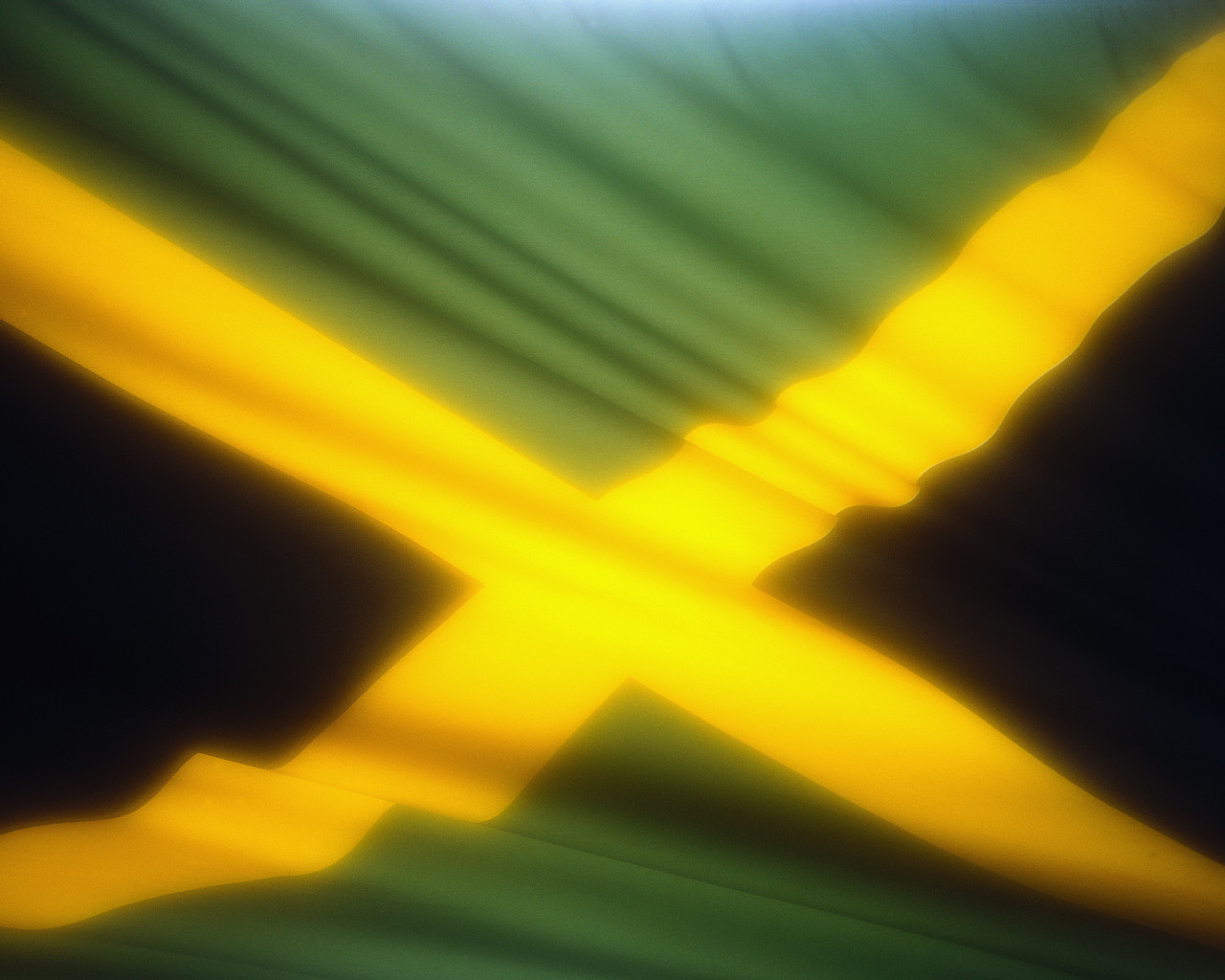Economic Background
Prime Minister Portia Simpson-Miller’s People’s National Party was re-elected in December 2011 with a large parliamentary majority. In her second term, Simpson-Miller has maintained market-friendly policies, but high interest rates and excessive government debt burden the economy. A $1.27 billion standby agreement with the International Monetary Fund for balance of payment support, signed in 2010, required a commitment to major fiscal reforms that have been slow to materialize. An extended IMF agreement was approved in 2013. Services account for more than 60 percent of GDP. Most foreign exchange comes from remittances, tourism, and bauxite production, all of which declined sharply in the 2009 recession. Tourism receipts have recovered slightly, but unemployment and underemployment in the formal sector remain high. Violent crime and the drug trade remain serious problems. |
Economic Freedom
Over the 20-year history of the Index, Jamaica has advanced its economic freedom score by only 2.3 points. Regulatory efficiency, measured through business freedom, labor freedom, and monetary freedom, has improved notably, and both trade freedom and investment freedom have recorded double-digit improvements. Counterbalancing these gains, however, have been substantial deteriorations in the rule of law, as assessed by property rights and freedom from corruption, and financial freedom.
Jamaica's economic freedom score is 66.7, making its economy the 56th freest, according to the 2014 Index. The country ranks 10th out of 29 countries in the South and Central America - Caribbean region. Its score remained unchanged from last year, with combined improvements in five of the 10 economic freedoms, such as labor freedom and the control of government spending, offset by declines in financial freedom and fiscal freedom. |
Jamaica’s critical development challenges include lingering corruption coupled with relatively high government spending. Public debt has surpassed 145 percent of GDP. Reducing the bloated public sector, following through on plans to privatize loss-making state-owned enterprises, and enforcing expenditure restraint are all essential in order to meet fiscal targets.
Rule of Law
Corruption remains a serious problem in Jamaica, and many citizens view the police as corrupt. An inefficient legal system weakens the security of property rights and the rule of law. Jamaica has one of the Western Hemisphere’s highest murder rates, partially driven by drug trafficking. The judiciary system lacks adequate resources, and trials can be delayed for long periods of time.
Globalization has led to the growth of the international drug trade. The most serious problem is violent crime, with a high murder rate. Governmental mechanisms for dealing with crime-related social problems fall under the Ministry of National Security and are administered through the Criminal Justice System. The Trinidad-based Caribbean Court of Justice is the highest appellate court.
Government Size
The top individual income tax rate is 25 percent, whereas the top corporate tax rate is 33.3 percent. Additional taxes include a property transfer tax and a general consumption tax. The overall tax burden is 23.4 percent of gross domestic income. Government spending amounts to 32 percent of gross domestic output. Public debt is high at over 145 percent of GDP, and the government has had to seek assistance from the IMF.
Regulatory Efficiency
While the business start-up is considered to be a straightforward process, with no minimum capital required, obtaining necessary licenses still takes more than four months and costs over 200 percent of the level of average annual income. Rigid employment regulations are not conducive to job growth. Most prices are set by the market, but the government regulates and it is in charge of the prices of a number of goods and services.
Open Markets
Tariffs average 7.5 percent and are a significant source of revenue. Some agricultural products are priced higher than others. There are few legal barriers to foreign investment, but bureaucracy is quite an impediment. While the overall banking sector appears to be sound, its excessive exposure to public debt, which represents about 20 percent of total assets, is a serious weakness. For additional information, please visit Jamaica's Economic Freedom Index.

